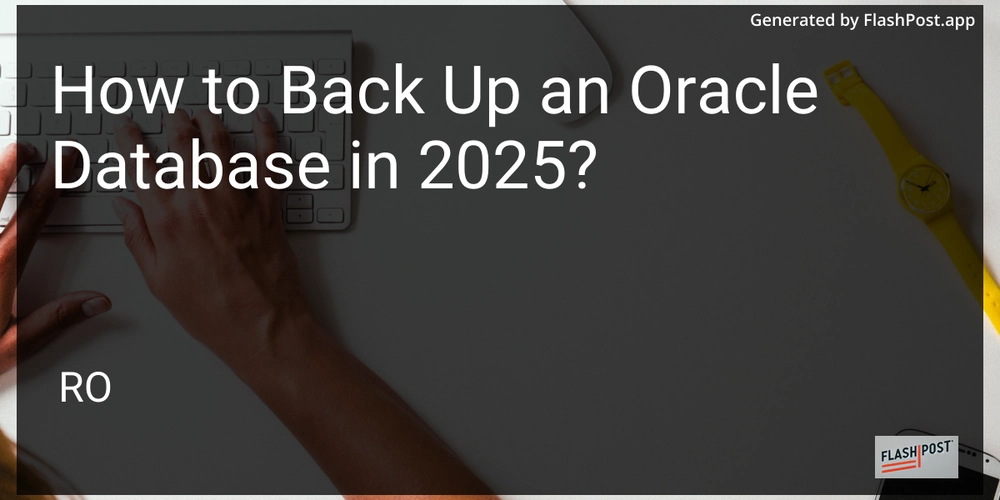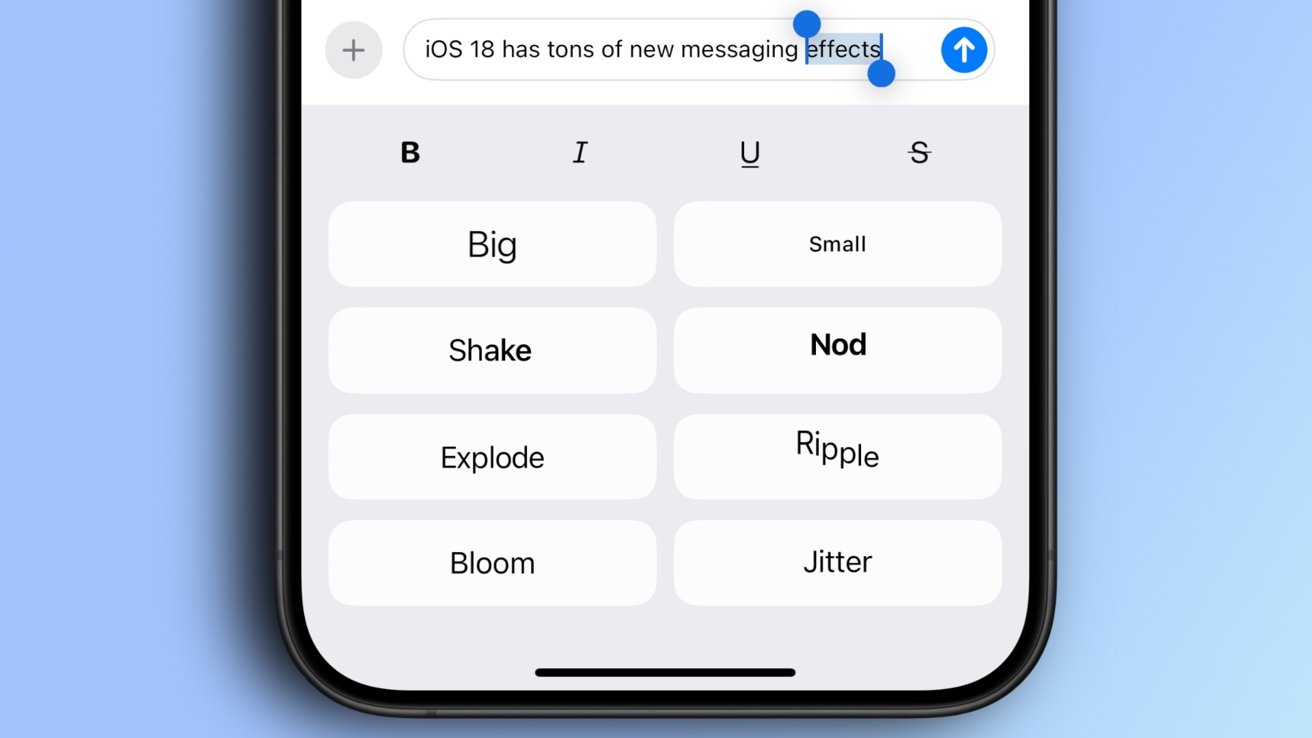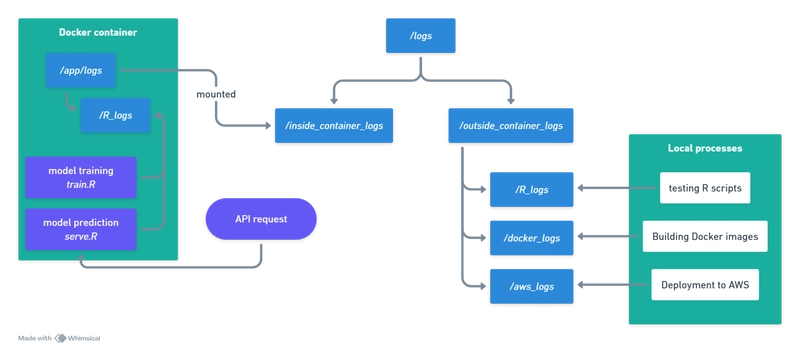How to Back Up an Oracle Database in 2025
Ensuring consistent and reliable backups of your Oracle Database is critical for data recovery and maintaining the integrity of your business operations. With new developments and technologies in 2025, here's a comprehensive guide to backing up your Oracle database effectively. Why Backing Up Your Oracle Database is Crucial Backing up your Oracle Database ensures that you can recover your data in the event of hardware failure, data corruption, or other catastrophic scenarios. A well-planned backup strategy helps you minimize downtime and prevents data loss that could impact your business. Types of Oracle Database Backups In 2025, you have several backup options available for Oracle databases: Physical Backups: Involves copying the physical files of the database; works at the level of the OS file structures. Logical Backups: Exporting logical data structures like tables and schemas; does not include configuration and structural metadata. Incremental Backups: Captures only the changes made since the last backup, reducing the backup size and speed. Image Copy: A backup type where the entire data file is copied and synchronized with the database. Steps to Back Up an Oracle Database 1. Prepare the Environment Before initiating any backup, ensure the database environment is prepared. Check the storage space availability and ensure there are no issues with the database that could affect the backup process. 2. Choose Your Backup Method Decide whether you need a cold backup (where the database is shut down) or a hot backup (where the database is operational). For businesses requiring 24/7 availability, hot backups are more suitable. 3. Use Recovery Manager (RMAN) Recovery Manager (RMAN) is the recommended Oracle tool for managing database backups, with capabilities for both physical and incremental backups. Follow these steps for a basic RMAN backup: Start RMAN and connect to the target database: rman TARGET / Begin the backup command in RMAN: BACKUP DATABASE; Optionally, if you're minimizing load, use incremental backups: BACKUP INCREMENTAL LEVEL 1 DATABASE; 4. Automate Your Backup Process Schedule regular backups using cron jobs or Oracle Scheduler to automate your backup processes. Regularly test your backups for reliability. 5. Secure and Monitor Your Backups Store backups in a secure location, possibly off-site or on a cloud solution, to protect against physical damage to your storage hardware. Monitor backup jobs regularly for failure and performance metrics. Learn More About Oracle SQL Enhance your Oracle SQL knowledge with these precise resources that cover essential SQL operations: View Table Details in Oracle SQL: Learn how to display a table description in Oracle SQL. Group By with Order By in Oracle: Understand how to construct complex queries using group by with order by clauses. Oracle SQL Left Join: Explore writing left join queries with conditions in Oracle. Conclusion Backing up your Oracle Database in 2025 requires careful preparation and selection of the appropriate tools and methods. By ensuring your backup process is consistent and reliable, you can safeguard your organization against data loss and ensure rapid recovery in case of a disaster. Always stay updated with the latest Oracle best practices and innovations to optimize your database management strategies. This article provides a comprehensive guide on backing up an Oracle Database in 2025, ensuring it is optimized for SEO while offering practical steps and insightful resources.

Ensuring consistent and reliable backups of your Oracle Database is critical for data recovery and maintaining the integrity of your business operations. With new developments and technologies in 2025, here's a comprehensive guide to backing up your Oracle database effectively.
Why Backing Up Your Oracle Database is Crucial
Backing up your Oracle Database ensures that you can recover your data in the event of hardware failure, data corruption, or other catastrophic scenarios. A well-planned backup strategy helps you minimize downtime and prevents data loss that could impact your business.
Types of Oracle Database Backups
In 2025, you have several backup options available for Oracle databases:
- Physical Backups: Involves copying the physical files of the database; works at the level of the OS file structures.
- Logical Backups: Exporting logical data structures like tables and schemas; does not include configuration and structural metadata.
- Incremental Backups: Captures only the changes made since the last backup, reducing the backup size and speed.
- Image Copy: A backup type where the entire data file is copied and synchronized with the database.
Steps to Back Up an Oracle Database
1. Prepare the Environment
Before initiating any backup, ensure the database environment is prepared. Check the storage space availability and ensure there are no issues with the database that could affect the backup process.
2. Choose Your Backup Method
Decide whether you need a cold backup (where the database is shut down) or a hot backup (where the database is operational). For businesses requiring 24/7 availability, hot backups are more suitable.
3. Use Recovery Manager (RMAN)
Recovery Manager (RMAN) is the recommended Oracle tool for managing database backups, with capabilities for both physical and incremental backups. Follow these steps for a basic RMAN backup:
- Start RMAN and connect to the target database:
rman TARGET /
- Begin the backup command in RMAN:
BACKUP DATABASE;
- Optionally, if you're minimizing load, use incremental backups:
BACKUP INCREMENTAL LEVEL 1 DATABASE;
4. Automate Your Backup Process
Schedule regular backups using cron jobs or Oracle Scheduler to automate your backup processes. Regularly test your backups for reliability.
5. Secure and Monitor Your Backups
Store backups in a secure location, possibly off-site or on a cloud solution, to protect against physical damage to your storage hardware. Monitor backup jobs regularly for failure and performance metrics.
Learn More About Oracle SQL
Enhance your Oracle SQL knowledge with these precise resources that cover essential SQL operations:
- View Table Details in Oracle SQL: Learn how to display a table description in Oracle SQL.
- Group By with Order By in Oracle: Understand how to construct complex queries using group by with order by clauses.
- Oracle SQL Left Join: Explore writing left join queries with conditions in Oracle.
Conclusion
Backing up your Oracle Database in 2025 requires careful preparation and selection of the appropriate tools and methods. By ensuring your backup process is consistent and reliable, you can safeguard your organization against data loss and ensure rapid recovery in case of a disaster. Always stay updated with the latest Oracle best practices and innovations to optimize your database management strategies.
This article provides a comprehensive guide on backing up an Oracle Database in 2025, ensuring it is optimized for SEO while offering practical steps and insightful resources.








































































































































































![[The AI Show Episode 143]: ChatGPT Revenue Surge, New AGI Timelines, Amazon’s AI Agent, Claude for Education, Model Context Protocol & LLMs Pass the Turing Test](https://www.marketingaiinstitute.com/hubfs/ep%20143%20cover.png)



































































































































![From drop-out to software architect with Jason Lengstorf [Podcast #167]](https://cdn.hashnode.com/res/hashnode/image/upload/v1743796461357/f3d19cd7-e6f5-4d7c-8bfc-eb974bc8da68.png?#)









































































































.jpg?#)































_ArtemisDiana_Alamy.jpg?#)


 (1).webp?#)









































































-xl.jpg)












![Yes, the Gemini icon is now bigger and brighter on Android [U]](https://i0.wp.com/9to5google.com/wp-content/uploads/sites/4/2025/02/Gemini-on-Galaxy-S25.jpg?resize=1200%2C628&quality=82&strip=all&ssl=1)










![Apple Rushes Five Planes of iPhones to US Ahead of New Tariffs [Report]](https://www.iclarified.com/images/news/96967/96967/96967-640.jpg)
![Apple Vision Pro 2 Allegedly in Production Ahead of 2025 Launch [Rumor]](https://www.iclarified.com/images/news/96965/96965/96965-640.jpg)


































































































































